Anti-Inflammatory Foods to Eat Regularly
Today we’re talking about anti-inflammatory foods. Whether it’s turmeric or tinctures, nutrition topics are trendier than ever before. It’s great news because the field of scientific nutrition research is booming, giving us more information than ever on how what we eat impacts our overall health. One topic that has everyone from Buzzfeed to the National Institutes of Health buzzing: inflammation. The umbrella term describes symptoms ranging from localized joint pain to major chronic diseases such as rheumatoid arthritis.
With traditional treatments and medications often accompanied by a variety of nasty side-effects, doctors and dietitians are both turning to the promising compounds found inside many of the world’s tastiest foods as an alternative treatment. While the research is still ongoing, consider incorporating some of these foods and spices into your daily routine for a little boost of anti-inflammatory greatness!
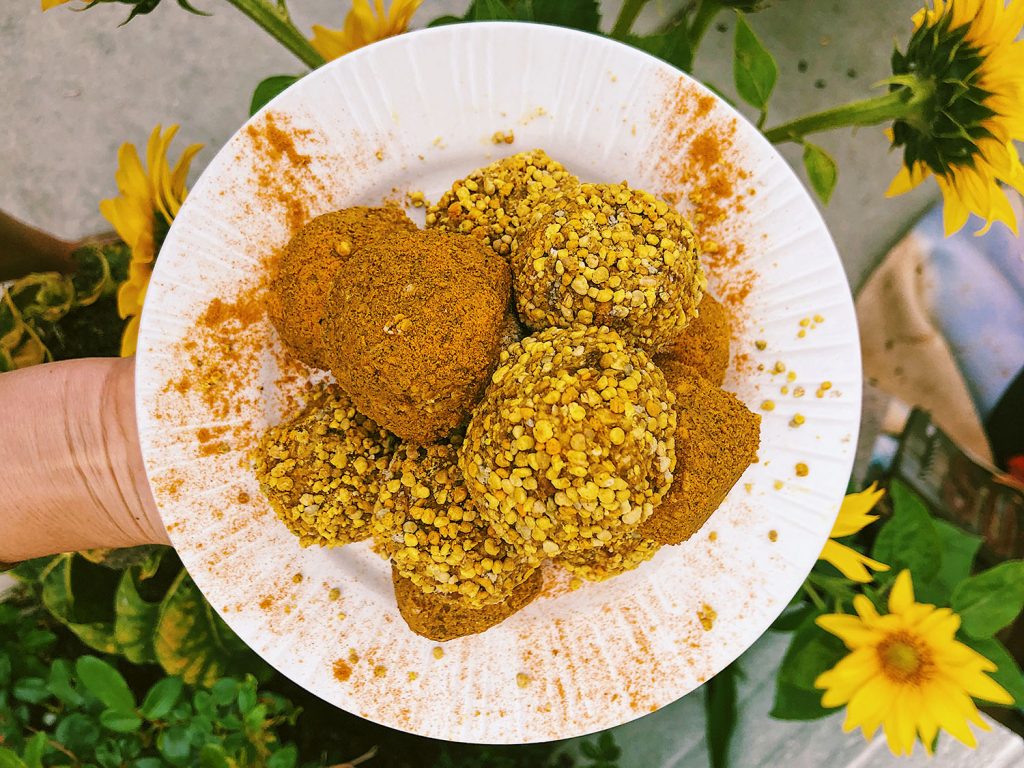
Turmeric
This vibrant and mighty spice has blazed onto the health scene, and it’s probably one of the best-known anti-inflammatory foods! Turmeric is rich in a compound known as curcumin, which has been shown to reduce inflammation. Research also shows that it may help with pain reduction and is a powerful antioxidant. Turmeric is highly versatile, making it easy to sneak into your diet in several different ways. Sprinkle it over some chickpeas and bake for a crunchy snack, sip it in a smooth, golden latte, or add a couple of dashes to your next chia pudding for a superpowered breakfast! (HOT TIP: add some black pepper to your recipes to enhance turmeric’s anti-inflammatory effects).
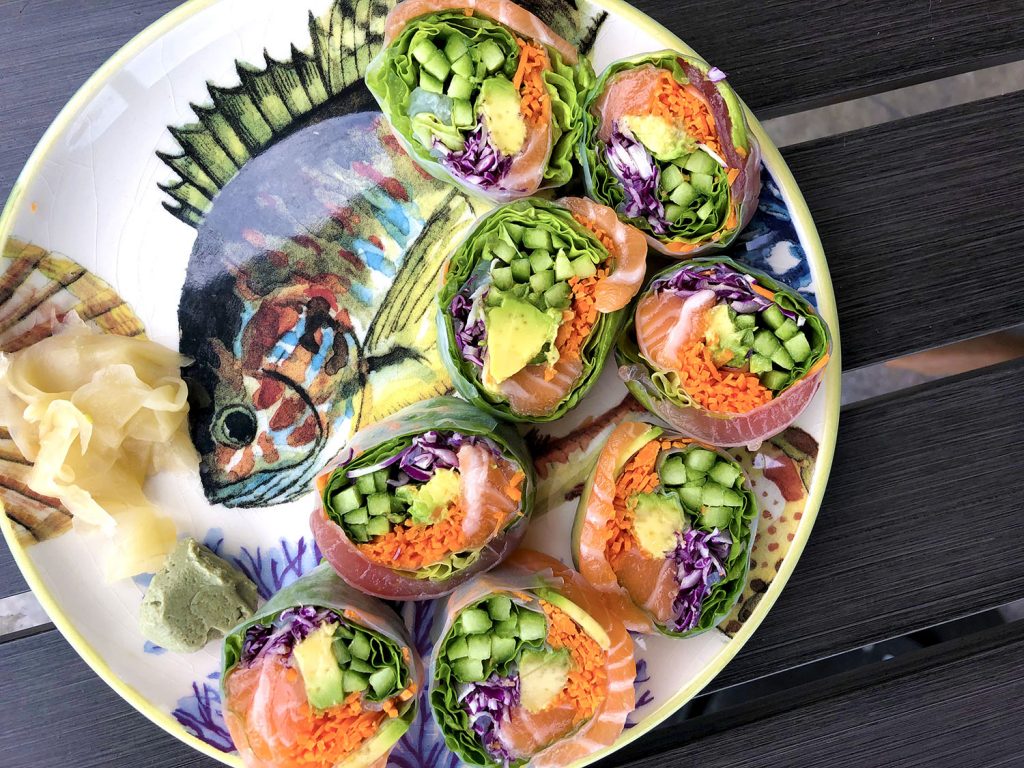
Fish
Gone are the days of avoiding fat to lose fat. Research has long since debunked this myth and now promotes the regular consumption of healthy HDL fats (not LDL, the “bad fats”). Sustainable seafood can be a great source of these healthy fats, especially ones that are high in the omega-3 and omega-6 fats. These essential fatty acids (meaning the fats that our body cannot make on its own and therefore must obtain from a well-balanced diet) are also great for reducing inflammation. In fact, the research demonstrating the anti-inflammatory potential of these fats is so promising that researchers currently believe they may play a role in preventing cancer, diabetes, and Alzheimer’s disease.
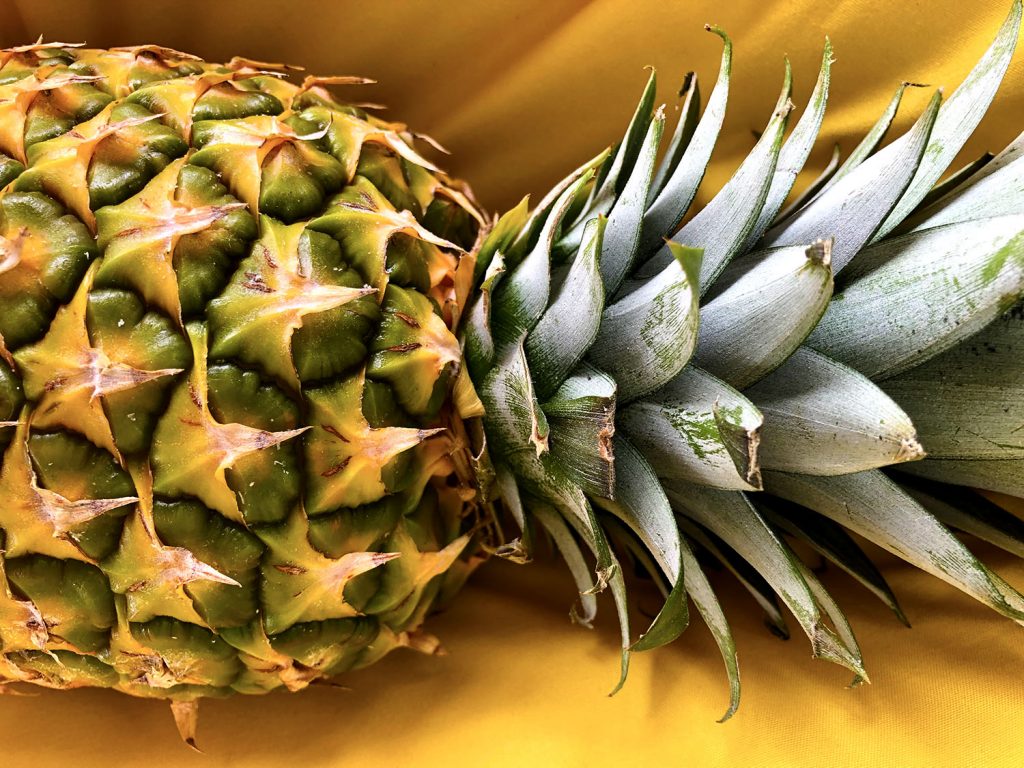
Pineapple
What better time to cut open this vibrant and delicious fruit than summer (if you’re reading in winter, not to fear, frozen or canned pineapple will do the trick!)? Pineapple packs a powerful punch when it comes to flavor, and it’s not light on health benefits either. Long hailed for its anti-inflammatory properties, the yellow fruit contains high amounts of bromelain. Bromelain is a protein-digesting enzyme (found commercially in the fruit, juice, or stem of the pineapple) that has is associated with decreased pain and swelling caused by joint inflammation for people with osteoarthritis and rheumatoid arthritis. Bromelain is so effective in treating pain and inflammation that it has been shown to reduce the average number of days with pain and post-surgery inflammation when administered beforehand.
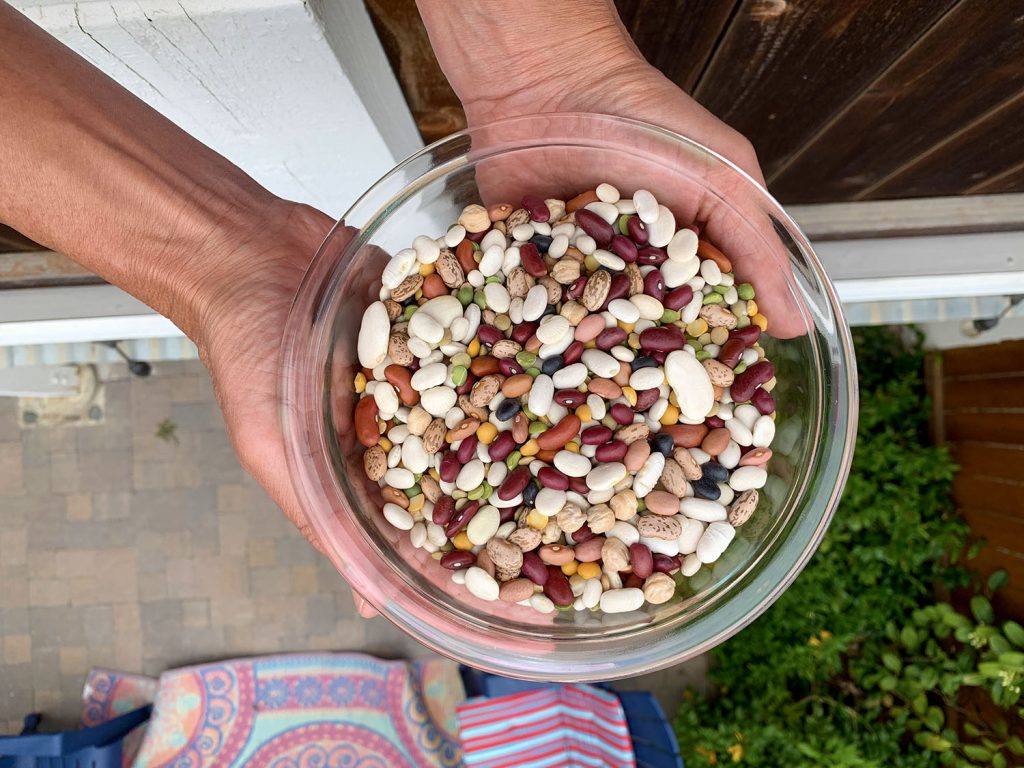
Beans
Beans are a great source of anti-inflammatory compounds because they are extremely nutrient dense, widely available, and relatively inexpensive. In particular, pulses (beans, peas, and lentils) provide a notable amount of fiber and magnesium. Both have been linked to decreased levels of inflammation and promote an overall healthy diet. What’s more, legumes and pulses are both excellent sources of a wide variety of antioxidants and provide high amounts of plant-based proteins. A staple of many populations for countless generations, beans are an excellent addition to any anti-inflammatory pantry.
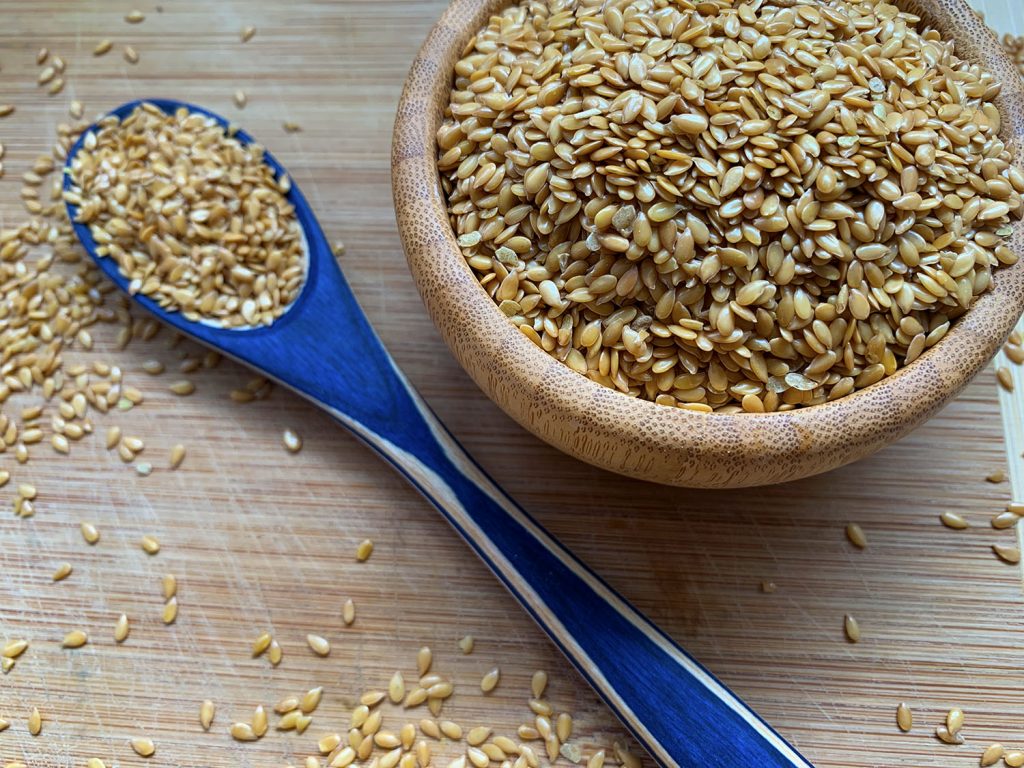
Flax Seeds
Flax seeds are another great source of the essential omega-3 and omega-6 fatty acids. According to the Arthritis Foundation, “Fifty-seven percent of the total fatty acids in flaxseed oil is alpha-linoleic acid (ALA), one of three omega-3 fatty acids. When consumed, ALA is converted into the other, more powerful omega-3s, docosahexaeonic (DHA) and eicosapentaenoic (EPA) acids. Ground flaxseed has ALA, but flaxseed oil contains the highest amount. In a study where volunteers consumed flaxseed oil for four weeks, the ALAs significantly decreased pro-inflammatory compounds.” Not sure what to do with flax seeds? Put a dash on top of yogurt with cinnamon for a sweet and nutty treat, or sprinkle them whole on your next salad for a super healthy boost!
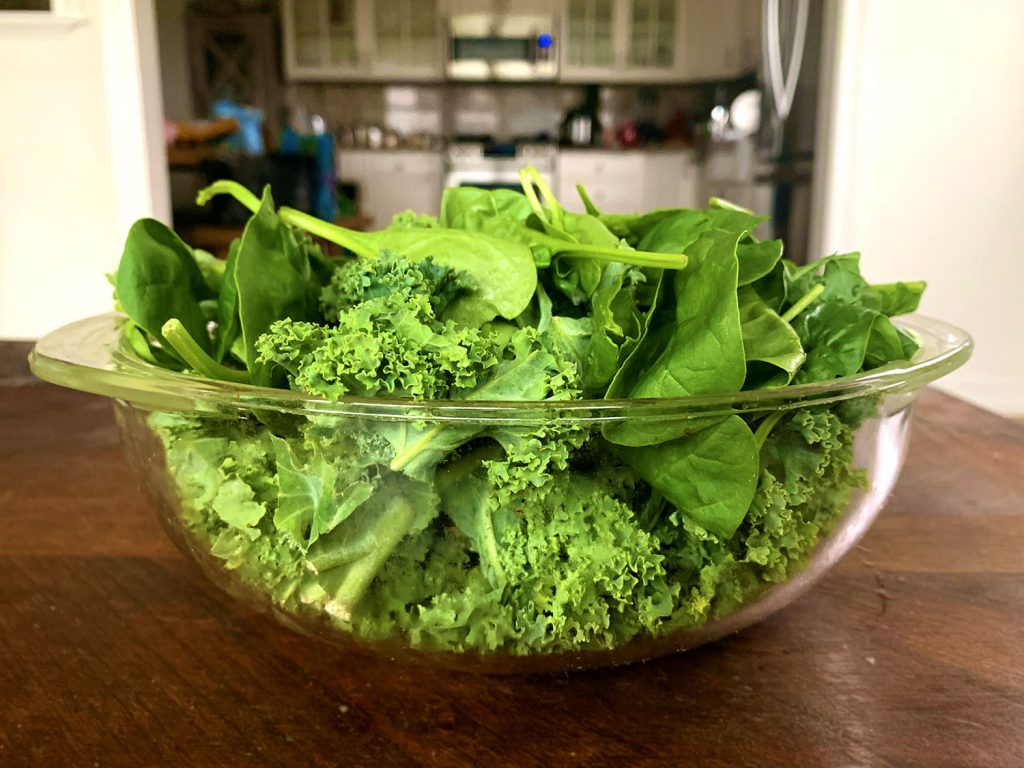
Dark Leafy Greens
Greens are amongst the most well known and widely consumed superfoods in the world – and for a good reason! Spinach, kale, swiss chard, cabbage, broccoli, and others greens may help you achieve a variety of different health benefits. They are a rich source of vitamins, minerals, and antioxidants of many types. Kale and spinach are both high in vitamin K, which is associated with decreased inflammation. They also have a compound called quercetin, which is highly anti-inflammatory and also contains many antioxidants. Greens are also a great way to add health-promoting fiber to your diet without adding a lot of calories. Several different kinds of kale and other greens can be found in most supermarkets, making it the perfect ingredient for creative salads or side dishes.
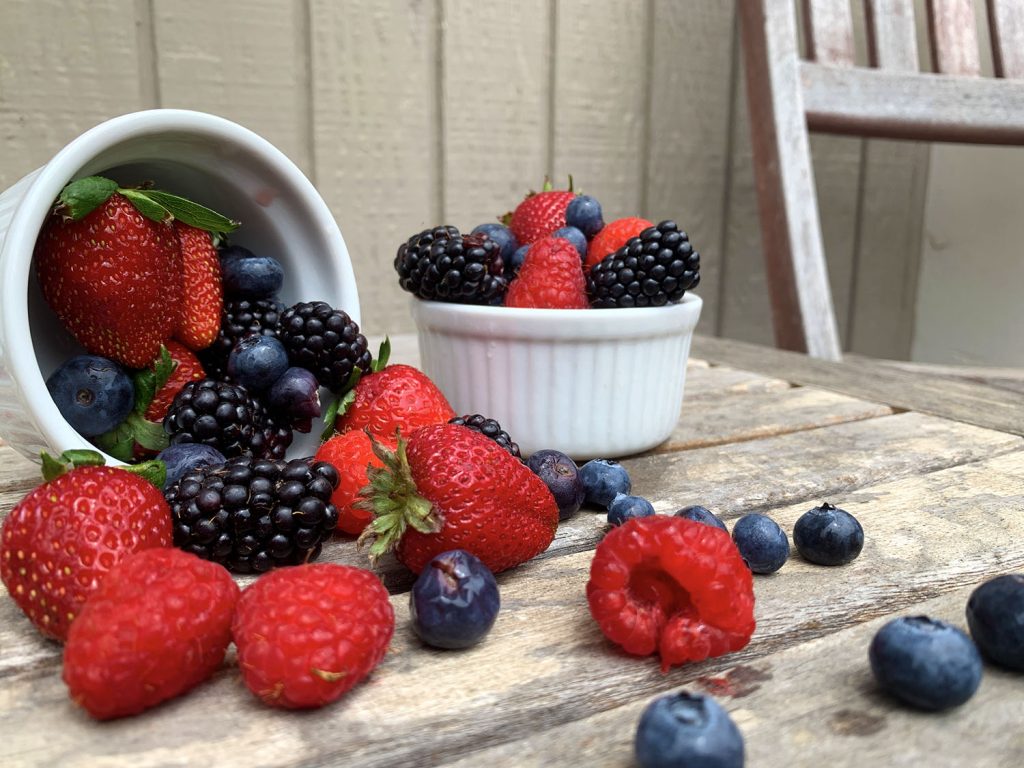
Berries
Berries are an especially rich source of polyphenols and antioxidants. They are a rich source of anthocyanins, a type of antioxidant that has anti-inflammatory effects. Berries are also a concentrated source of vitamins and minerals involved in immune function and fiber that may help to reduce the risk of heart disease. Nearly all varieties of these berries are nutrient powerhouses with excellent health benefits, so is there any reason not to add these anti-inflammatory foods to your next smoothie?
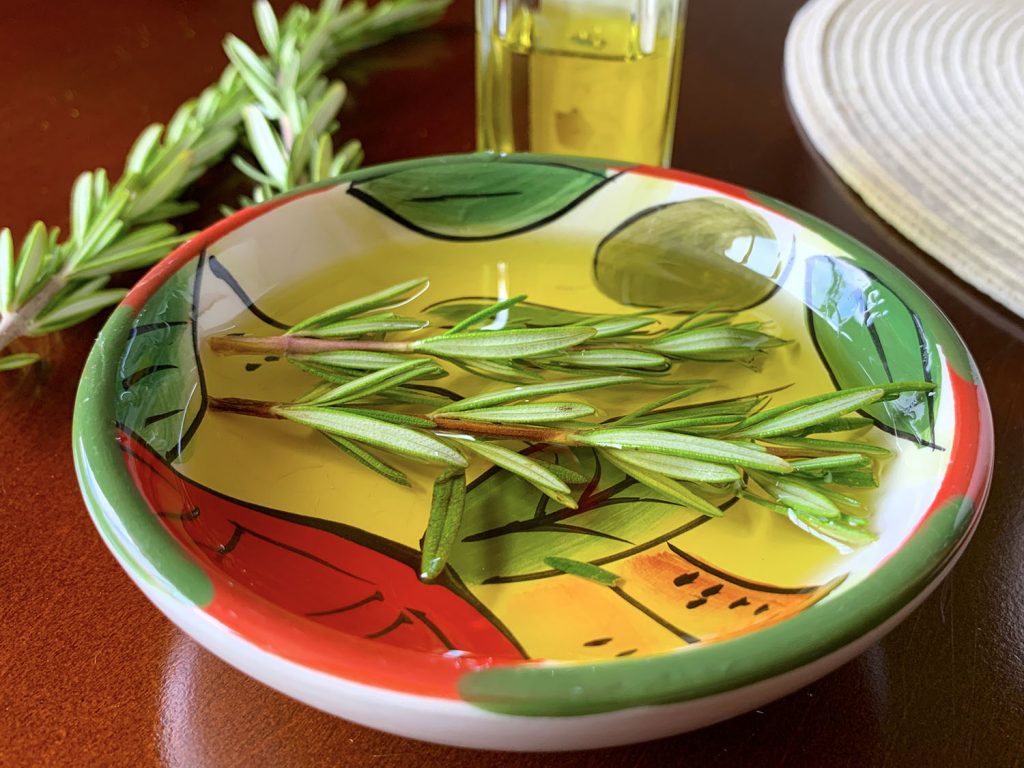
Olive Oil
The Mediterranean diet is often praised as a super healthy alternative to the standard American diet. Rich in things such as nuts, fish, and chocolate, this way of eating offers a variety of anti-inflammatory benefits spread across several healthy (and delicious, might we add) foods. Another staple of the traditional Mediterranean diet is olive oil. More specifically, extra virgin olive oil is a rich source of oleocanthal, a type of antioxidant that has anti-inflammatory properties that are comparable to drugs like ibuprofen. The less refined, the more likely it is to have a higher concentration of these anti-inflammatory properties, so it may be worth the extra couple of bucks to splurge on a nice bottle of this tasty oil.
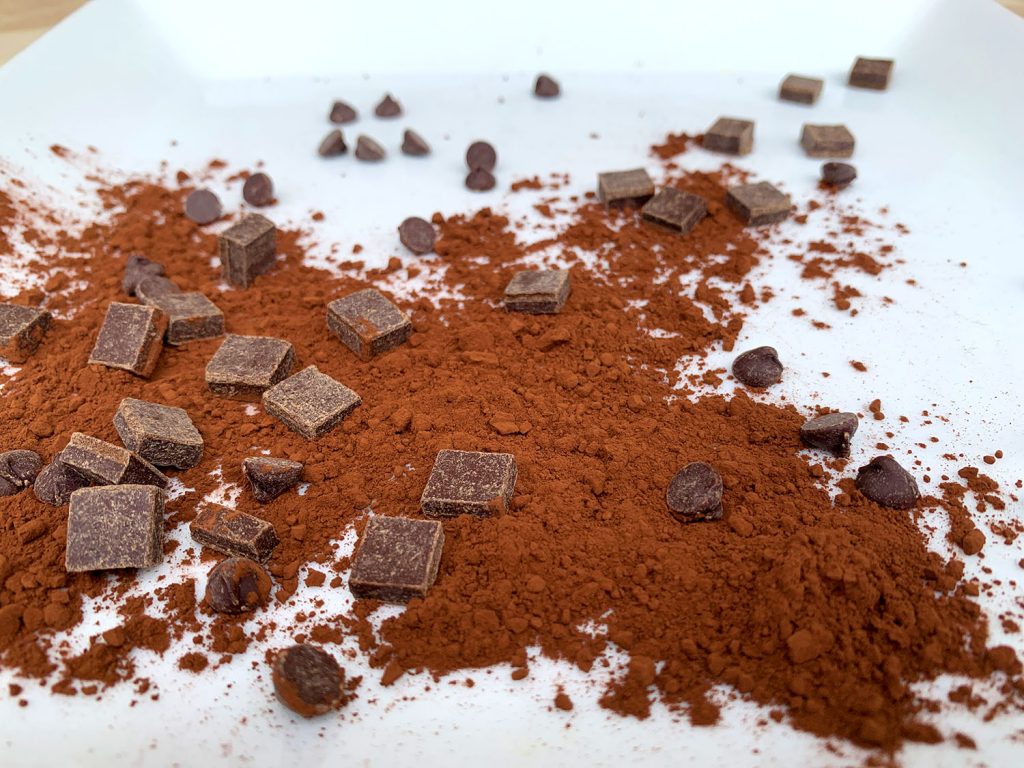
Dark Chocolate
Chocolate is a rich and satisfying indulgence that may also be healthier than we once thought. Well, this is at least the case for dark chocolate (at least 70%). The antioxidants in dark chocolate are called flavanols and give chocolate the anti-inflammatory boost you’re looking for. Aim for chocolate with 3 or fewer ingredients listed on the panel and make sure that cocoa is listed first. The darker the chocolate, the more antioxidants and fewer additives it is likely to have.
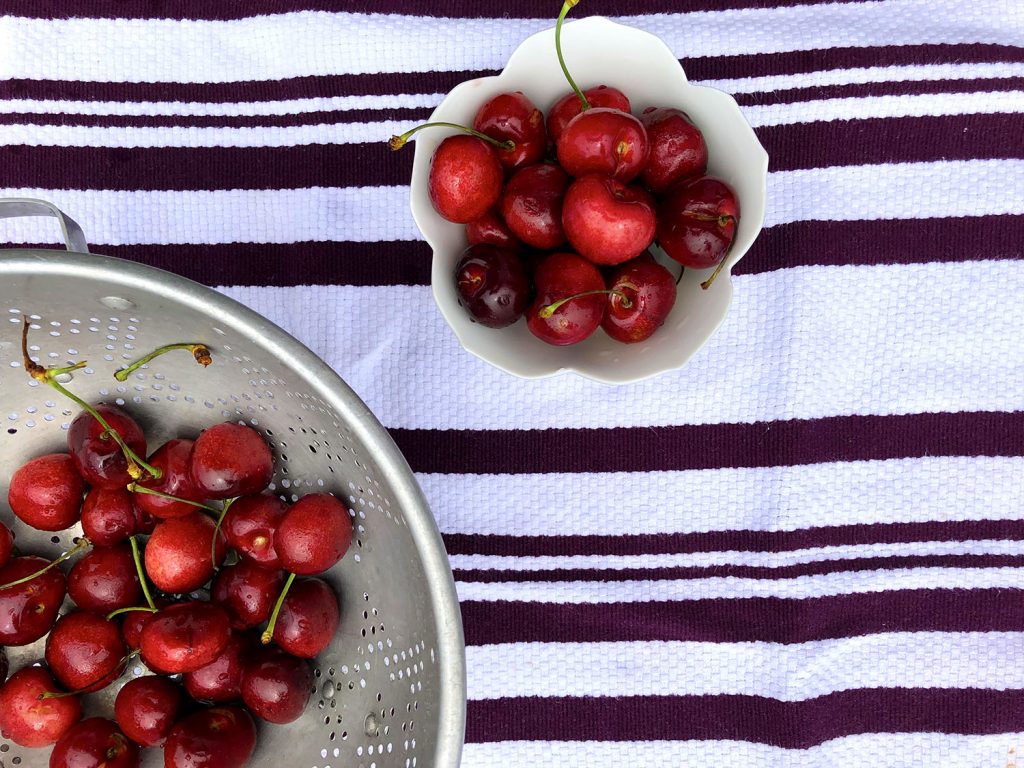
Cherries
This vibrant summer staple does it all! Cherries are convenient, tasty, and just so happen to be chalked full of powerful anti-inflammatory properties! The phytochemicals give cherries their bright hues that are both good to look at and good for you. Tart and sweet cherry varieties are both associated with anti-inflammatory properties due to the prevalence of anthocyanin phytonutrients. However, some research suggests that sweet cherries promote more powerful anti-inflammatory activities that tart or yellow cherries.
While some internal inflammation is normal (i.e., in response to injury or injection), ongoing, chronic inflammation can be a serious detriment to overall body and health. Eating an anti-inflammatory diet (or at least incorporating some of these foods into your diet on a regular basis) can help diminish inflammation to keep you feeling your best.
Since many of the foods that fight inflammation have several other dietary benefits, eating these healthy ingredients is a great way to control your weight and achieve a wholesome diet in general. If you’re ready to reset your diet and eat for optimal health, include some of these anti-inflammatory foods at each meal, every day! BONUS: Several of these foods are also known to have mood boosting effects which you can learn more about in this post!


